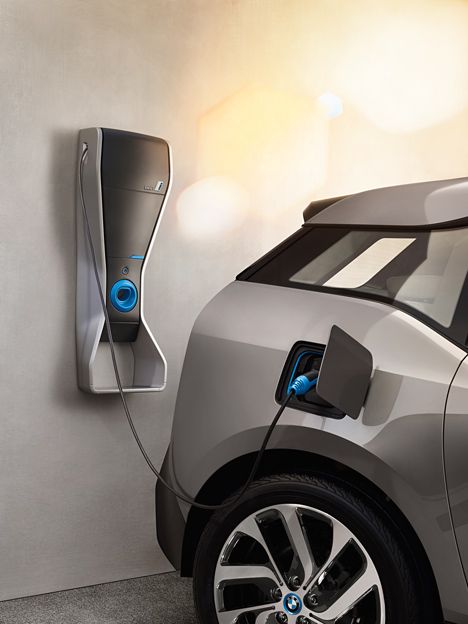Get Free Quotes 866-651-2992
Remanufactured & Used Engines

As the world increasingly focuses on sustainable solutions, the great electric car race has just begun. With an ever-growing demand for eco-friendly transportation options, electric vehicles (EVs) have emerged as the frontrunners in the automotive industry. This transformative shift towards electric mobility is not only reshaping the way we drive but also revolutionizing the concept of transportation as a whole.
Electric cars are powered by electricity stored in rechargeable batteries, eliminating the need for traditional fossil fuels. This significant advancement has paved the way for a cleaner and greener future, reducing carbon emissions and dependence on non-renewable resources. The potential environmental benefits of electric vehicles are vast, making them a key player in the fight against climate change.
In recent years, major automotive manufacturers have invested heavily in electric car technology, striving to capture a larger share of this growing market. From tesla's innovative designs to established companies like bmw and nissan, the competition to produce the most efficient, stylish, and affordable electric vehicles has intensified.
One of the driving forces behind the electric car race is the continuous improvement in battery technology. Advancements in lithium-ion batteries, which power most electric cars, have significantly extended the range and performance capabilities of these vehicles. With longer driving ranges and faster charging times, electric cars are becoming increasingly practical and convenient for everyday use.
Furthermore, governments around the world are implementing incentives and regulations to accelerate the adoption of electric vehicles. In many countries, EV owners enjoy benefits such as tax credits, free charging infrastructure, and exemptions from congestion charges. These measures not only encourage individuals to switch to electric cars but also contribute to reducing air pollution and improving urban environments.
The great electric car race is not limited to passenger vehicles alone. Commercial transportation, including buses, trucks, and even airplanes, is also transitioning to electric power. Companies are developing electric trucks for long-haul transportation, reducing emissions and noise pollution on highways. Additionally, electric buses are becoming more prevalent in urban areas, offering a sustainable alternative to traditional diesel-powered public transportation.
With the growing global demand for electric vehicles, the infrastructure to support these cars is expanding rapidly. Charging stations are being installed in homes, workplaces, parking lots, and along major highways, ensuring that electric car owners have convenient access to charging facilities. The emergence of fast-charging technologies further enhances the feasibility of electric cars, allowing for quick top-ups during longer journeys.
While the electric car race is heating up, challenges remain. The limited availability of charging stations in some areas and the higher upfront cost of electric vehicles compared to conventional cars are factors that need to be addressed. However, as technology advances and economies of scale come into play, the cost of electric cars is expected to decrease, making them more accessible to a wider consumer base.
In conclusion, the great electric car race marks the beginning of a new era in sustainable transportation. Electric vehicles offer a promising solution to combat climate change, reduce air pollution, and achieve energy independence. With continuous advancements in technology, increasing government support, and a growing charging infrastructure, electric cars are poised to dominate the automotive industry. Embracing this electrifying revolution will undoubtedly shape a cleaner and greener future for generations to come.